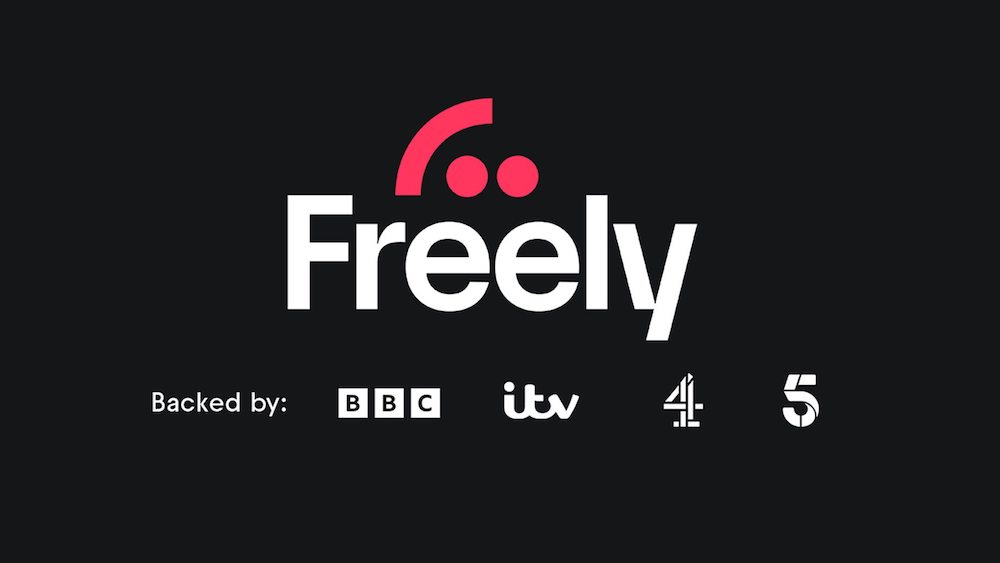By Mike Reynolds
The BBC, along with fellow U.K. broadcasters ITV, Channel 4, and Channel 5 are banding together to form Freely, a free streaming service. The channel will be available on the Everyone TV platform for households with smart TVs. Scottish (STV) and Welsh (S4C) channels will also be included in the package. At the moment, no one is talking about whether U.K. radio outlets will join them.
“The launch of Freely is a historic moment for U.K. television,” said Kieran Clifton, director of BBC Distribution & Business Development. “Collaboration between the U.K. public service broadcasters is critical to connecting and protecting all audiences as we transition towards the streaming era — and delivering live TV over broadband for free is a ground-breaking innovation that will future-proof public service broadcasting.”
One reason for the move might be due to concerns about what the U.K. entities have seen in the U.S., that when traditional TV outlets were brought under streamer umbrellas, many lost audiences. And just as importantly, there was a decrease in advertising revenues. It’s a great cost-cutting move for the BBC in particular, as it will soon lose revenue from the cessation of the national television license fee (in 2027), which is currently paid by U.K. residents. The other partners are all commercial entities but they too are affected by higher operating costs, advertising revenue declines, and having to slash programs.
How much it will affect the U.K.’s channel 5 remains to be seen. It’s owned and operated by Channel 5 Broadcasting Limited, and is a wholly-owned subsidiary of Paramount Global’s U.K. and Australia division, meaning it’s also a sister station of the CBS TV network in the U.S.
A service offering live and on-demand content via an Internet connection fits in to modern connectivity. According to a statement by Freely, it wants to “future-proof” public service broadcasting, putting on-demand, live, current and past content together on a single service and allow viewers to pause, stop, or even rewind live content at their bidding. From the information given thus far it does not appear to require a Roku-like connection device, with everything being delivered directly through broadband. However, this may cause a problem for the elderly, many of whom still rely on the roof antenna for their TV service and don’t have a computer, or any Internet service.












Leave A Comment